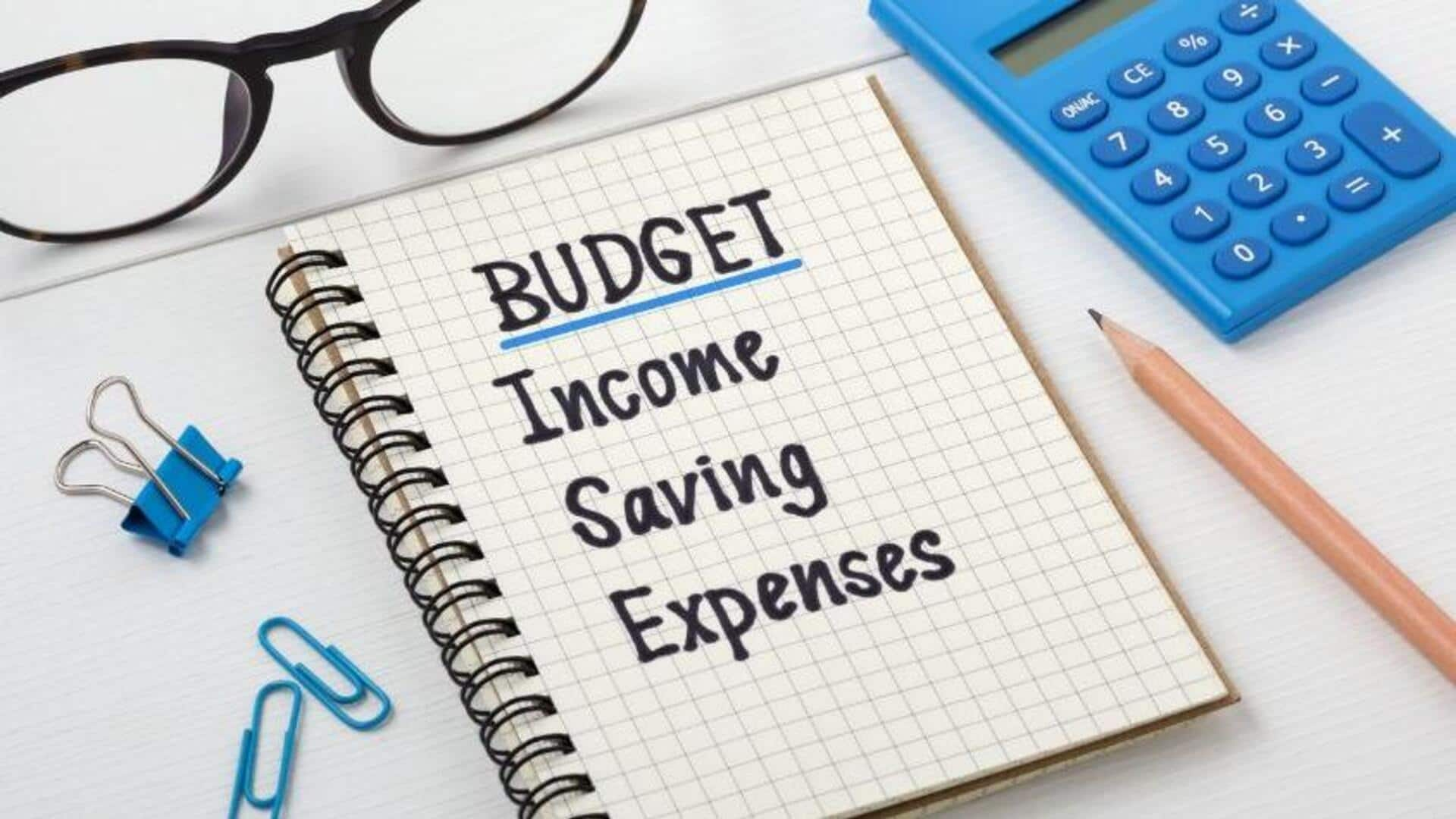
5 budgeting misconceptions hindering your finances success
What's the story
Budgeting is an essential part of managing finances, but many of us fall victim to common myths that can sabotage our financial success.
These misconceptions easily lead us to make bad financial decisions and impede our ability to save properly.
By knowing these myths, you can make better choices and enhance your financial well-being.
Here are five common budgeting myths that are often missed but significantly affect your path to your financial goals.
Myth #1
Budgeting means restriction
Many think that budgeting is all about restrictions. But budgeting isn't about cutting out all fun expenses. It's about making informed choices.
It helps you allocate funds for both necessities and leisure activities, making your spending balanced.
By treating budgeting as a means for prioritization instead of deprivation, you can take more control of your finances without feeling restrained.
Myth #2
Only people in debt need budgets
We often feel that only people who are in debt need to have a budget. But the truth is, anyone and everyone can benefit from having a budget.
A budget helps you track your income and expenses, giving you an idea of how you spend and where you can save.
Whether you're saving for your goals or just managing expenses, having a budget ensures better financial planning and stability.
Myth #3
Budgets are too time-consuming
Some also steer clear of budgeting because they find it time-consuming or complicated.
While it does take some effort to set up an initial budget, maintaining it doesn't have to be a chore.
With all the tools and apps available today, keeping track of expenses has become easier than ever.
Spending just a few minutes every week on reviewing finances can yield great results in money management over time.
Myth #4
You need high income for effective budgeting
Another myth is that you need to earn a lot to budget well, but that's not true at all.
No matter how much you make every month, an effective plan customized specifically according to your needs will ensure that you use your resources wisely.
Plus, it still leaves the room for savings opportunities along the way, too!
Myth #5
Budgets are set in stone
Many assume once they create their budgets there's no flexibility involved. But actually, budgets should evolve alongside changing circumstances such as new job opportunities or unexpected medical bills.
Regularly reviewing and adjusting plans accordingly ensures continued relevance and effectiveness throughout different stages of life's journey, ensuring optimal results are achieved consistently across the board.